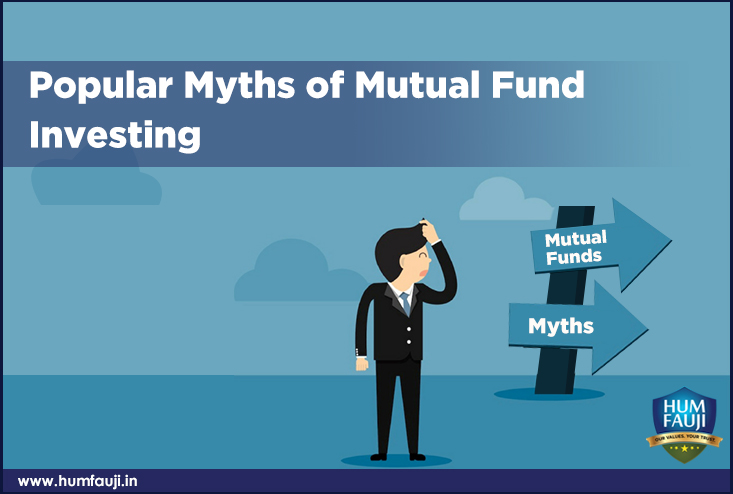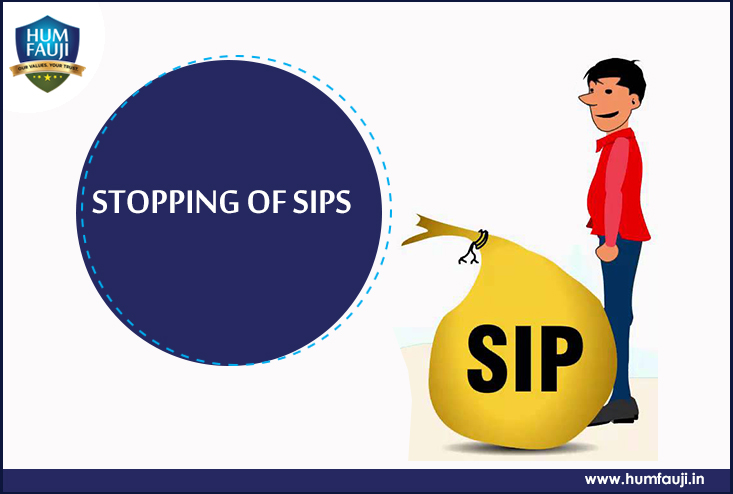When it comes to safe investments, most Armed forces officers don’t look past DSOPF (if serving), PPF or bank FDs. They derive comfort from the fact that these are extremely safe fixed income investments. However, these avenues have many shortcomings – DSOPF has a low return, PPF has a low return combined with the restrictions of withdrawal as also the yearly investment capped at Rs 1.5 Lakhs only, and the bank FDs actually erode the purchasing power of your money post-tax which is unavoidable.
If you take a bank FD rate of interest to be 7% today and you are in 30% tax-bracket, you actually get just 4.9% on the FD after taxations, which is far less than India’s long-term inflation rate of 7%. Hence, while cost of things gallop at 7%, your money continues to sleep at 4.9%. This is where good alternate investment avenues come in, which provide a similar kind of safety but provide much higher returns.
Please find below the alternate investment avenues that Hum Fauji Initiatives recommends and can facilitate for you as per your requirements:
Corporate FDs:
Corporate FDs are similar to bank FDs, except they are held by companies instead of banks. Even very good and stable companies currently offer much higher interest rates than bank FDs (up to 9.40% are available with ‘AAA’ rated companies) which makes them an attractive investment avenue. To keep your investments in highest safety, we only recommend corporate FDs with AAA ratings (indicating highest safety in terms of timely servicing of financial obligation). The interest earned on these FDs is taxed as per your income tax slab. The corporate FDs that we currently recommend are of Shriram Transport Finance Company, HDFC, Mahindra & Mahindra, and DHFL.
Perpetual Bonds:
Perpetual bonds are, as the name suggests, bonds without a maturity date and are, at least technically, issued forever. For simplicity’s sake, think of this investment as a medium-term bank FD as the Perpetual bonds are largely issued by banks. They can be a very lucrative investment avenues as some of such bonds are currently offering returns as high as 10.60%.
All such perpetual bonds have a call date which basically means that the issuing bank can decide to call back the bond on that date, effectively maturing the bond. Typically, such call dates are 1-6 years from now and are well known at the time of investment. In case the bank doesn’t call for the bonds on the first call date, the flexibility for the call every year remains with the bank on the same date each year. The bonds are very safe since they are either issued by public sector banks or by very large private banks like HDFC Bank and ICICI Bank. The only risk that exists is that the bank may not call the bonds on the call date and you may have to remain invested in these bonds for a longer duration. But then, at such good rates of interest, it is a boon rather than a bane.
Please note that the taxation on Corporate FDs as also the Perpetual Bonds is the same as bank FDs. Additionally, for the Perpetual Bonds, you need a demat account compulsorily and the payments have to be made online within a day or two of striking the deal.
Please feel free to contact us if you have any queries or wish to go ahead with any of the above avenues.














Comments (2)
please give financial advise for N R I . I am a Retd Army Officer of 73 years .
Dear Sir, We deal with a large number of NRI clients settled almost in all the major countries of the world. We have incorporated a separate FAQs on this website itself which you can access on the link https://humfauji.in/faqs-for-nris/
In addition, there is a lot of material available for NRIs on this website itself. In case you have any specific queries, you may kindly send it on the mail IDcontactus@humfauji.in please.